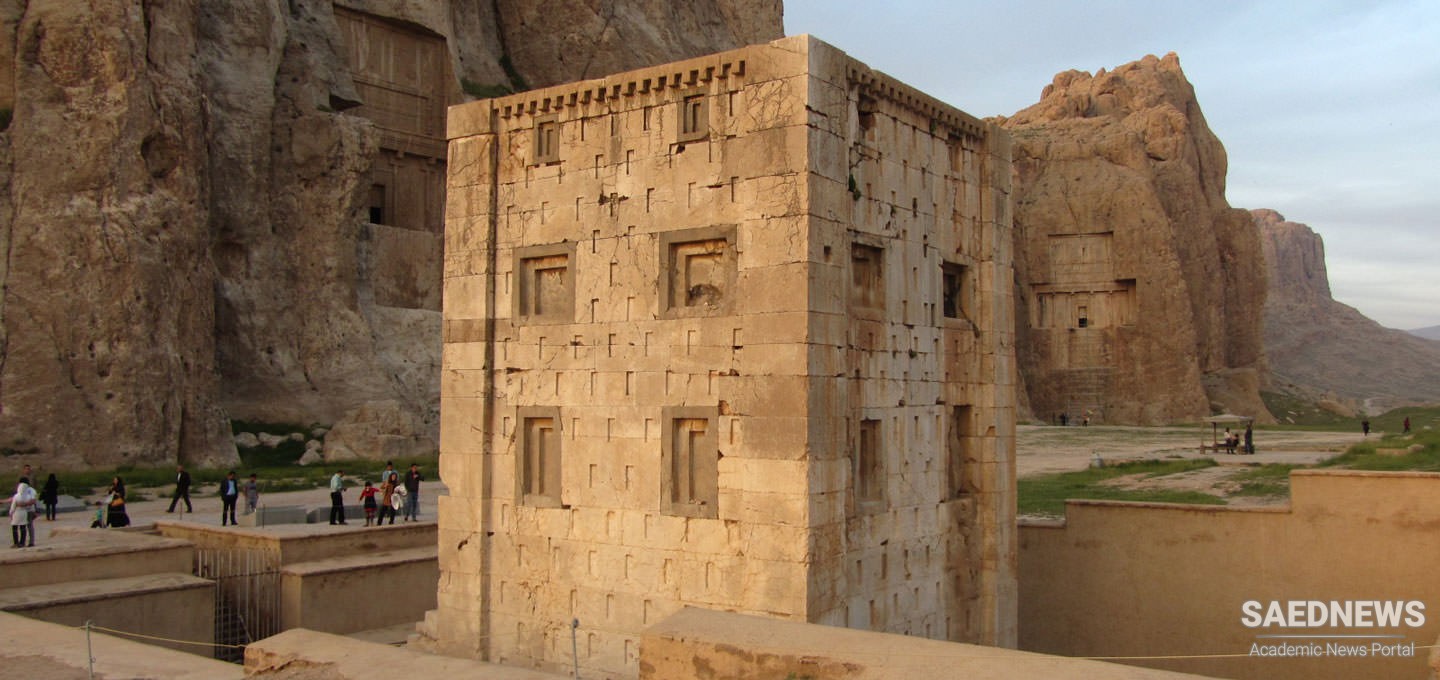In the Gâthâs, the poet-sacrificer/Zarathustra obtains this status so by offering Ahura Mazdâ his own life breath and bones to serve as material for the regeneration of the cosmos. The idea seems to be that the worshiper contributes to the rejuvenation of the cosmos by returning to Ahura Mazdâ as a gift the substance of his own body, namely his life breath—through his poems—and his bones—through the sacrificial food—to use as substance for his recreated cosmos, originally given to him by Ahura Mazdâ and expected to be (re)given after the revitalization. Thus, the reward is expected to be the same for the worshippers and other sustainers of Order.
By his action the cosmos returns to its original Ordered state: When Order ~ the diurnal sky is revitalized, becomes “full of vitality,” dawn can pull out through the luminous spaces, Ãrmaiti ~ the earth, when again in view of the sun, resumes her mother-earth functions, and Ahura Mazdâ is again in command and is encouraged to produce in exchange a new, true existence which is “juicy” in exchange value (1.34.15; 2.46.19; 3.50.11).
Corresponding to the revitalization of the cosmos by the revitalizers’ remaking it full of vitality, the process also provides for the humans who have been involved in the process, either directly or as associated with Zarathustra, “vitalizing strength,” occasionally also, it seems, the gods receive it.


 Cultural Presence of Zoroastrianism in Post-Sassanid Persia
Cultural Presence of Zoroastrianism in Post-Sassanid Persia














































